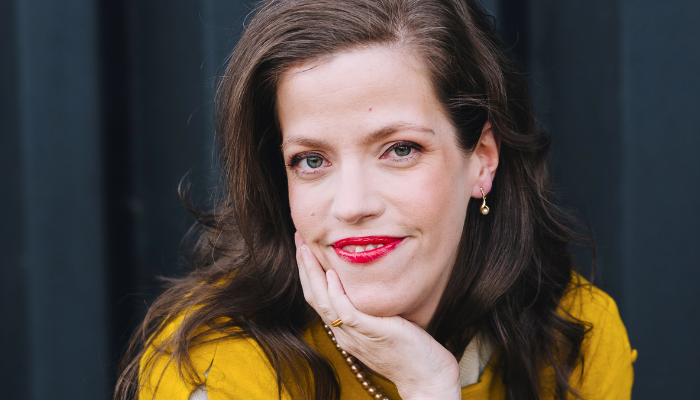From Non-Fiction to Novel: My Representing Wales Journey, by Grace Quantock

This is a blog post by Grace Quantock, who looks back at her time on the Representing Wales programme.
I always knew myself as a non-fiction writer, after many years as a copywriter and a ghostwriter since 2011. In exploring fiction, I created my world first—1997 Wales, the valley of Bryncoed tense with unfolding climate activism—where characters emerged to explore what happens when campaigns achieve victory, yet the cost proves devastating. The dream tarnishes quickly, leaving people to navigate trauma whilst injustices continue. Community is needed more than ever yet grows increasingly fractured from suspicion and subterfuge. From this world, Bronwen and Guinevere stepped forward, each responding differently to the relationships within the struggle.
I decided to explore fiction after my mentorship with Cathy Rentzenbrink (Curtis Brown Breakthrough award) and continued with her writing classes. As I was promoting my non-fiction during the programme. My debut non-fiction book, Living Well with Chronic Illness, became an Amazon bestseller during the Representing Wales programme, stocked in independent bookshops across Wales, the UK and internationally. Alongside promoting my non-fiction, my agent Abi Fellows suggested I develop my fiction after working on my creative non-fiction memoir, Madwomen Are My Ancestors. Representing Wales offered the perfect environment to nurture this expansion into fiction.
Set against the Labour landslide, With No Extraordinary Power follows Bronwen, a chronically ill Welsh teenager with dreams beyond her valley town, and Guinevere, an aristocratic climate activist whose Parliament protest ends in tragedy. When the government reopens Welsh coal mines, threatening another Aberfan disaster, these women’s paths converge. The Welsh setting isn’t merely backdrop; it’s where historical memory of community disaster meets contemporary crisis.
As a psychotherapeutic counsellor specialising in complex trauma (copywriting helped fund my clinical training), I’ve witnessed how power dynamics can replicate themselves even in movements fighting oppression. And how systemic injustice impacts individual lives. My novel examines how state violence, particularly the undercover policing scandal where officers formed intimate relationships with activists, creates wounds that ripple outward through communities, lives and history. My characters navigate these intense, uncertain dynamics, their responses shaped by their diverse identities when the struggle that defined them shifts ground.
Stephanie Butland’s mentorship through Representing Wales transformed my approach to fiction. She challenged me to think even more of my reader—to start and end sooner in a scene, and most importantly, to trust my reader – and cut. Her guidance helped me distill each scene to its essence of emotion and action, whilst maintaining the complexity that drives the story.
Rachel Dawson’s masterclass provided another turning point. When she called my novel “the ’90s sequel to Neon Roses” and offered further mentoring, it validated the contemporary relevance of these historical questions. Her insights into crafting authentic activist characters proved invaluable to my development.
The Representing Wales programme provided the structure and community I needed during this experience of writing fiction. It provided experience of the unique challenges of Welsh storytelling and offered both creative and practical publishing knowledge. The programme recognised that stories exploring collective trauma, particularly those centred in Wales, deserve wider audiences.
Through Representing Wales, I’ve developed a novel that examines how ordinary people find meaning when the revolution doesn’t deliver as promised but justice still needs to be pursued—a question as urgent today as in 1997. The programme honoured both the craft and business of writing, helping me discover where my experiences as a therapist, former activist, and Welsh writer intersect with the universal questions of how to find trust, hope and a new way forward, in the hardest times.